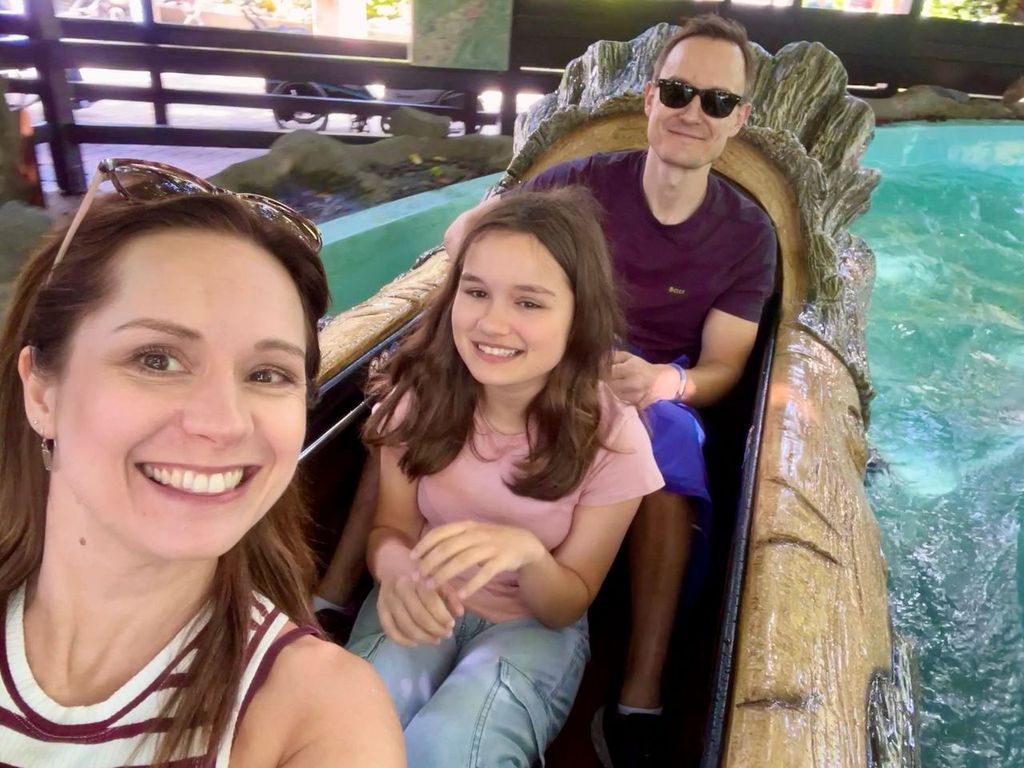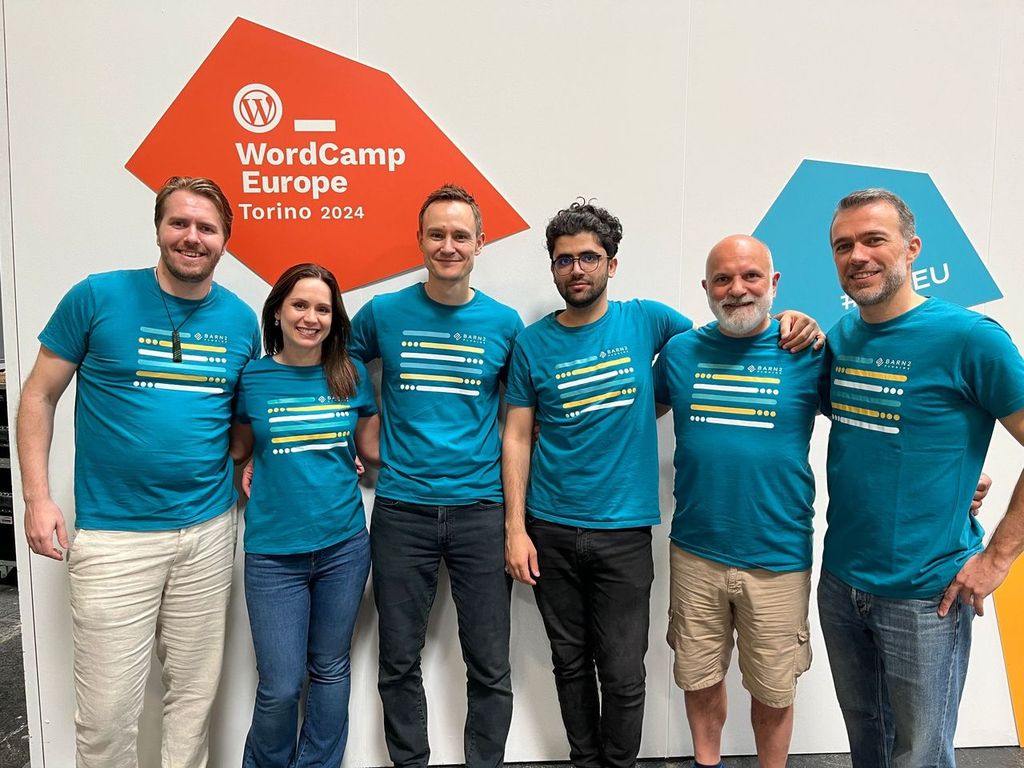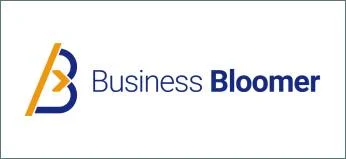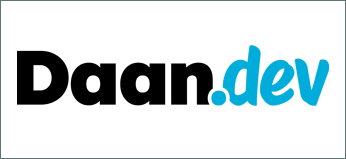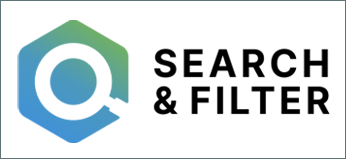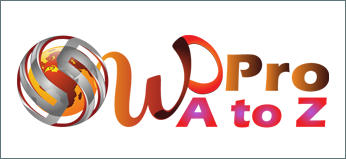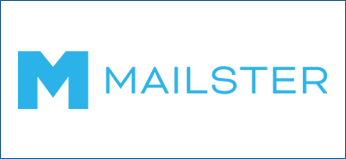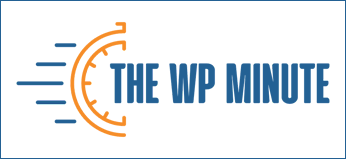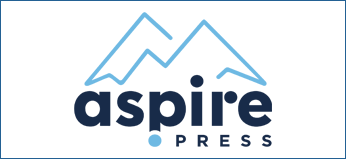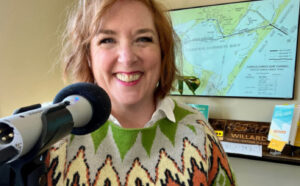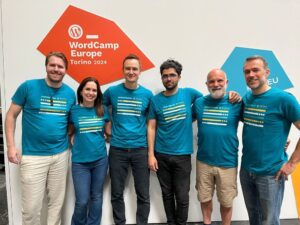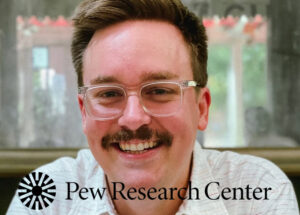Pictured Above: The Barn2 Team
In the ever-evolving world of WordPress, few leaders have navigated the ecosystem as strategically as Katie Keith, CEO of Barn2 Plugins. Known for her sharp intuition in plugin development and commitment to long-term sustainability, Katie has spent nearly a decade shaping the WordPress product landscape.
As we gear up for 2025, Katie’s approach to goal setting offers a masterclass in adaptability, strategic foresight, and the importance of listening—to customers, to the market, and to the shifting tides of WordPress itself.
2024’s big move: WooCommerce Discount Manager
For Katie and her team at Barn2, 2024’s biggest strategic decision was launching their WooCommerce Discount Manager plugin.
“While we work hard to maintain and continuously improve all 19 of our plugins, some of them are several years old now, and their sales are declining. When we released them, they were unique in the market, but now there’s a lot of competition, and it’s harder to stay ahead,” she explains.
The success of this new plugin reinforced an essential lesson: growth in the WordPress ecosystem often hinges on launching new products. But, surprisingly, this success did not influence her 2025 goals.
Why? Because the landscape of WordPress shifted dramatically in late 2024.
A WordPress Reckoning?
Everything changed in September 2024 when Matt Mullenweg’s public dispute with WP Engine sent shockwaves through the community. Katie, like many others in the space, began to question WordPress’s long-term market stability.
“I always felt very secure in my business because our sales come from many different plugins, so if the sales of one dropped, they could easily be countered by the growth of others. This made the business nicely diversified—but it is still 100% dependent on WordPress,” she explains.
For the first time, Katie saw the need to diversify beyond WordPress. And so, her #1 goal for 2025 became launching Shopify apps.
“We are still very committed to WordPress and our existing plugins, but for now, I have decided that any new products will be for Shopify. I’m sure we will release more WordPress plugins in the future, but for now, the goal is Shopify.”
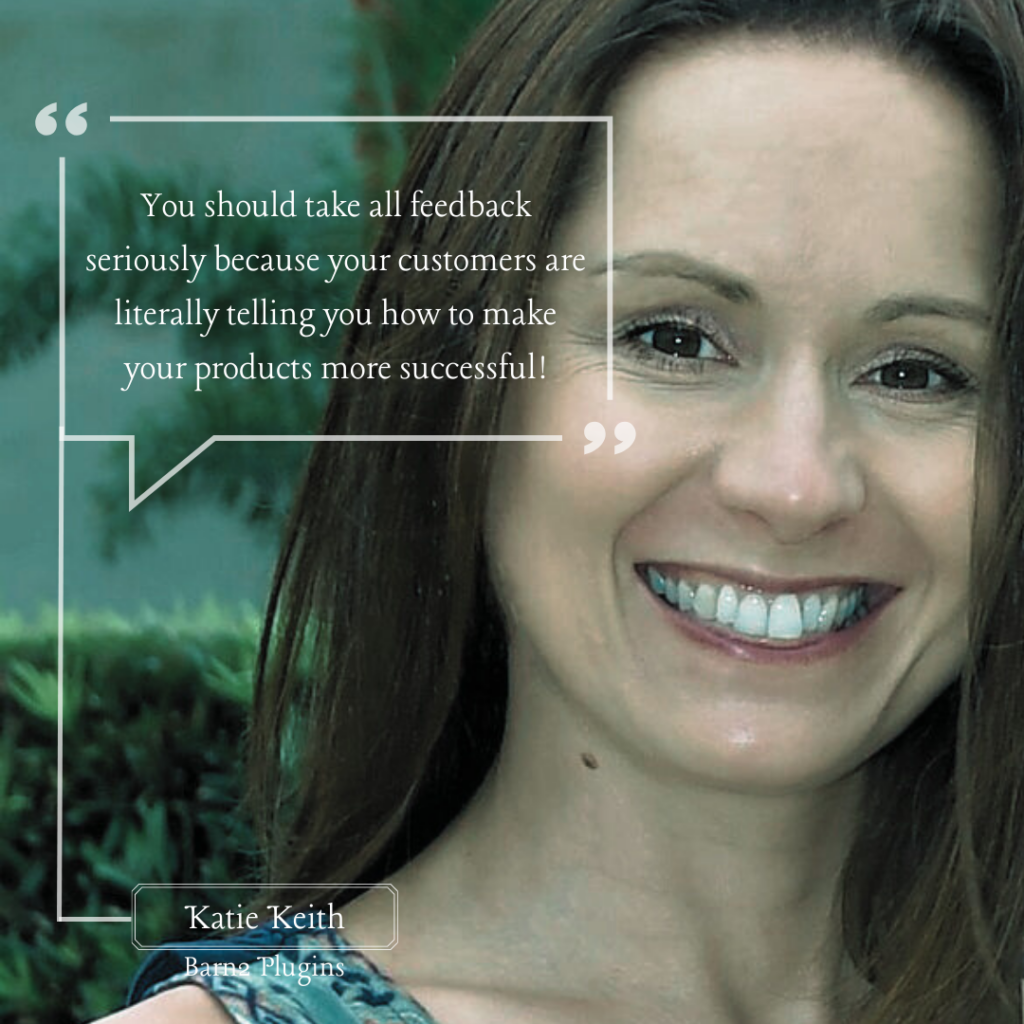
Balancing long term strategy and daily operations
Running a growing company means juggling long-term strategic planning with daily operations. Her solution? Delegation and structured decision-making.
“It’s always challenging to prioritize long-term strategic planning because day-to-day demands are a big distraction,” she admits.
To stay on course, Barn2 outsources marketing strategy to Ellipsis’ ‘CMO-as-a-Service’ team, which helps analyze sales data, create growth plans, and ensure the team stays aligned with strategic goals.
Beyond that, Katie keeps team communication transparent, publishing monthly company updates on the Barn2 wiki and discussing goals biweekly in marketing meetings.
Utilizing intuition and instinct
With 14 years of WordPress experience and 9 years selling plugins, Katie has honed an invaluable skill: instinctively knowing which ideas will succeed.
“I don’t tend to do any formal market research to validate plugin ideas—I just know which ideas are worth developing!” she says.
Customer feedback plays a crucial role in this. For example, after launching WooCommerce Product Options, users flooded Barn2 with requests for a live image preview feature. By mid-2024, she realized the demand was too significant to ignore, shifting priorities to build the new feature—even though it wasn’t part of the original roadmap.
Her biggest takeaway? Forget sales projections—focus on solving real customer problems.
“I’m not a big believer in sales or revenue projections because I think they’re generally incorrect and not based on reality!” she states. Instead, she evaluates ideas based on demand, market competitiveness, and development time.
The role of feedback in business growth
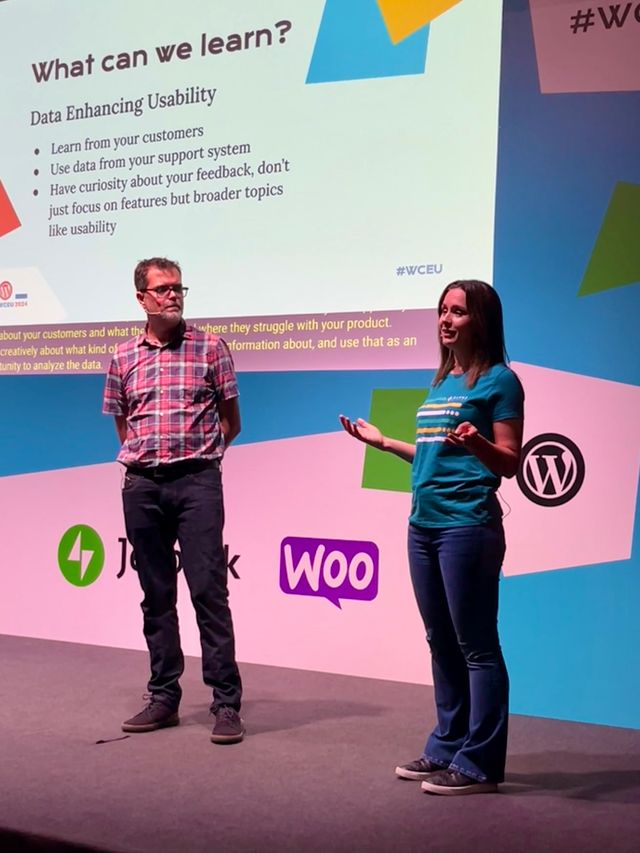
“Customer feedback is absolutely vital. Once you release a plugin and it starts getting users, they will start providing feedback. This might be directly through reviews, it might be feature requests, or it might be indirect via support requests,” Katie explains.
She also highlights the importance of internal team feedback, especially from customer support staff, who have firsthand insights into recurring pain points.
“Your customers are literally telling you how to make your products more successful! This doesn’t mean implementing every idea—it means collating the feedback and using it as a factor in deciding which new features and improvements to implement.”
By leveraging this, Barn2 can prioritize high-impact changes that lead to increased customer satisfaction and sales.
The power of adaptability and handling setbacks
For any entrepreneur, unexpected challenges are inevitable. Katie warns that major industry changes, development delays, and team turnover can derail even the best-laid plans.
“You should always expect unexpected setbacks—you just don’t know what they will be until they happen!”
Some common setbacks she’s encountered:
✔️ WordPress or WooCommerce changes requiring urgent development time
✔️ Projects going over budget, delaying profitability
✔️ Key team members leaving, requiring sudden role shifts
“Whatever the setback, it’s important to make decisions with your main goals in the back of your mind. You may need to delay them, but always remember that they are the priority.”
This big-picture mindset ensures that short-term disruptions don’t derail long-term success.
2025 advice for WordPress entrepreneurs
So, what should agencies, solopreneurs, and WordPress developers focus on in 2025?
Katie’s biggest piece of advice: diversification and setting goals based on impact.
“Given that it’s a strange time in WordPress, I think that diversification is key at the moment. One way to achieve this is to develop SaaS products that work across multiple platforms, including WordPress.”
She points to successful examples like Weglot and Omnisend, which started as WordPress-focused products before expanding into other markets like Shopify.
However, she also emphasizes that not every business model needs a SaaS approach. Barn2’s expertise lies in plugin functionality that doesn’t suit SaaS, so instead, she’s building separate products for WooCommerce and Shopify.
For entrepreneurs setting goals, she recommends prioritizing impactful projects that contribute to business growth.
“In 2024, we intentionally took a step back from developing new plugins to improve our internal development processes. However, I made sure that this didn’t distract us from revenue-generating projects for too long.”
Balancing growth-focused initiatives with internal improvements is key to long-term success.
Final thoughts: the blueprint of success
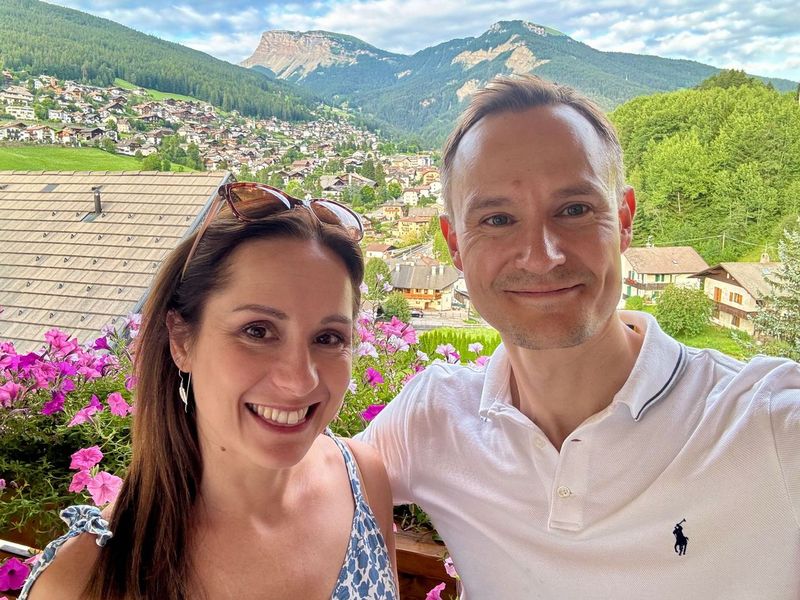
Katie Keith’s 2025 strategy offers a blueprint for resilient, future-proof business planning:
- Diversify to protect against industry shifts.
- Use customer feedback as your guiding light.
- Don’t rely on projections—trust experience and market demand.
- Stay adaptable but keep long-term goals in focus.
- Balance internal improvements with revenue-driving initiatives.
Her journey proves that success in WordPress (or any ecosystem) isn’t just about great products—it’s about strategy, agility, and knowing when to pivot.
For those who want to follow Katie’s journey, she’s active on Twitter (@KatieKeithBarn2) and shares updates on Barn2’s website.
Whether you’re an agency looking for stability or a solopreneur building your first plugin, Katie’s approach to 2025 can inspire how to plan smarter, adapt faster, and set business goals that truly matter.
